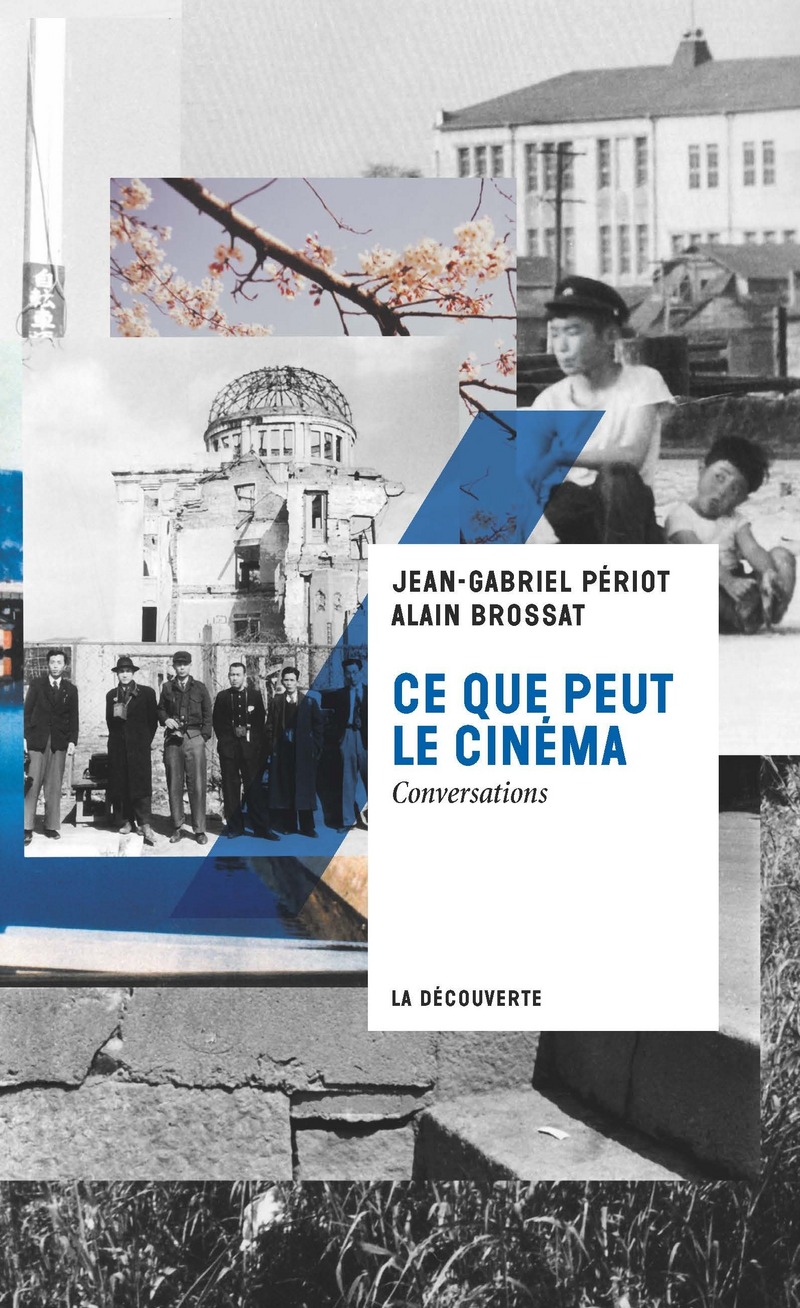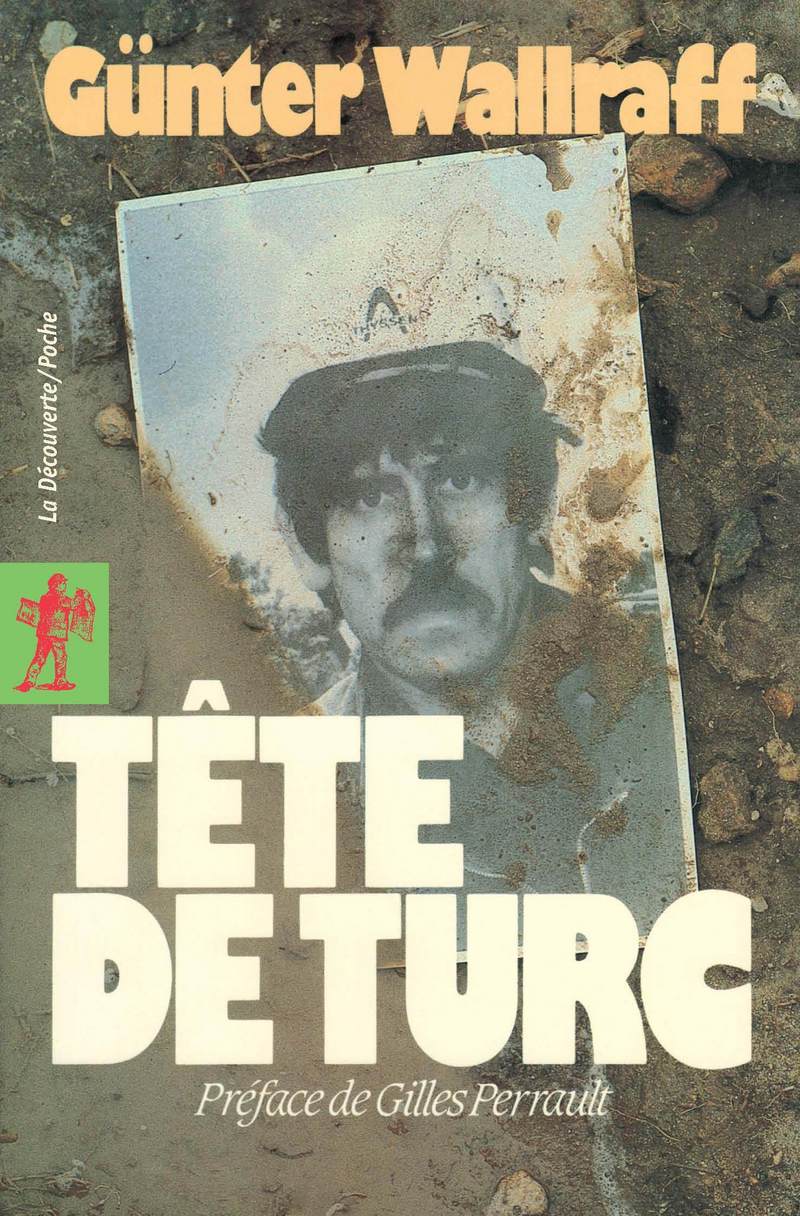Ce que peut le cinéma
Conversation
Jean-Gabriel Périot, Alain Brossat
Jean-Gabriel Périot, cinéaste, et Alain Brossat, professeur de philosophie, ont travaillé pendant des années, sans se connaître, sur des sujets communs : les femmes tondues à la Libération, l'univers carcéral, la violence politique, le désastre nucléaire...
Dans la réflexion qu'ils engagent ici, ils s'interrogent sur la relation que les images entretiennent avec la politique et l'histoire. Comment se fabrique la mémoire ? Comment appréhender les archives ? Comment remonter le temps, au sens historique et cinématographique du terme ?
Ces conversations s'appuient sur les expériences, et les expérimentations, de Jean-Gabriel Périot. Aiguillonné par les observations d'Alain Brossat, il explique comment il confectionne ses " tracts cinématographiques ", comment il a travaillé avec les détenus d'une prison d'Orléans, comment il a monté les films inédits des militants de la Fraction armée rouge (RAF) ou encore comment il a remonté les images d'une apocalypse nucléaire, en commençant... par la fin.
Mettant en regard ces expériences avec celles d'autres cinéastes, célèbres ou non, ce dialogue offre une réflexion inédite sur le travail cinématographique et pose en termes nouveaux la question de la puissance – et de l'impuissance – de l'écriture et de l'image.

Nb de pages : 304
Dimensions : * cm
ISBN numérique : 9782348041211
 Jean-Gabriel Périot
Jean-Gabriel Périot

 Alain Brossat
Alain Brossat

Extraits presse 

2018-08-30 - L'Obs
Ce dialogue avec le philosophe Alain Brossat permet d'expliciter les thèmes et la façon de travailler du cinéaste, tout en offrant un regard plus général sur le septième art et les différentes formes d'écriture. (...) Cette conversation de deux praticiens de la critique sociale, qui ont travaillé des années durant sur les mêmes thématiques sans pourtant se connaître, a quelque chose de décapant.
2018-09-10 - Laurent Etre - l'Humanité
Table des matières 

Avant-propos
Introduction : (Im)puissance de l'écriture ?
Cinéma " politique "
Expérience(s) du cinéma
La démocratie du générique
L'inconfort de la blague
Remonter l'Histoire
Violences des images, images de la violence ?
Corps au travail / corps résistant
Le travailleur désincarné
De la musique au cœur de la prison
Un tombeau pour les vaincus de l'Histoire ?
Hiroshima et ses fantômes
Ne pas désespérer.














